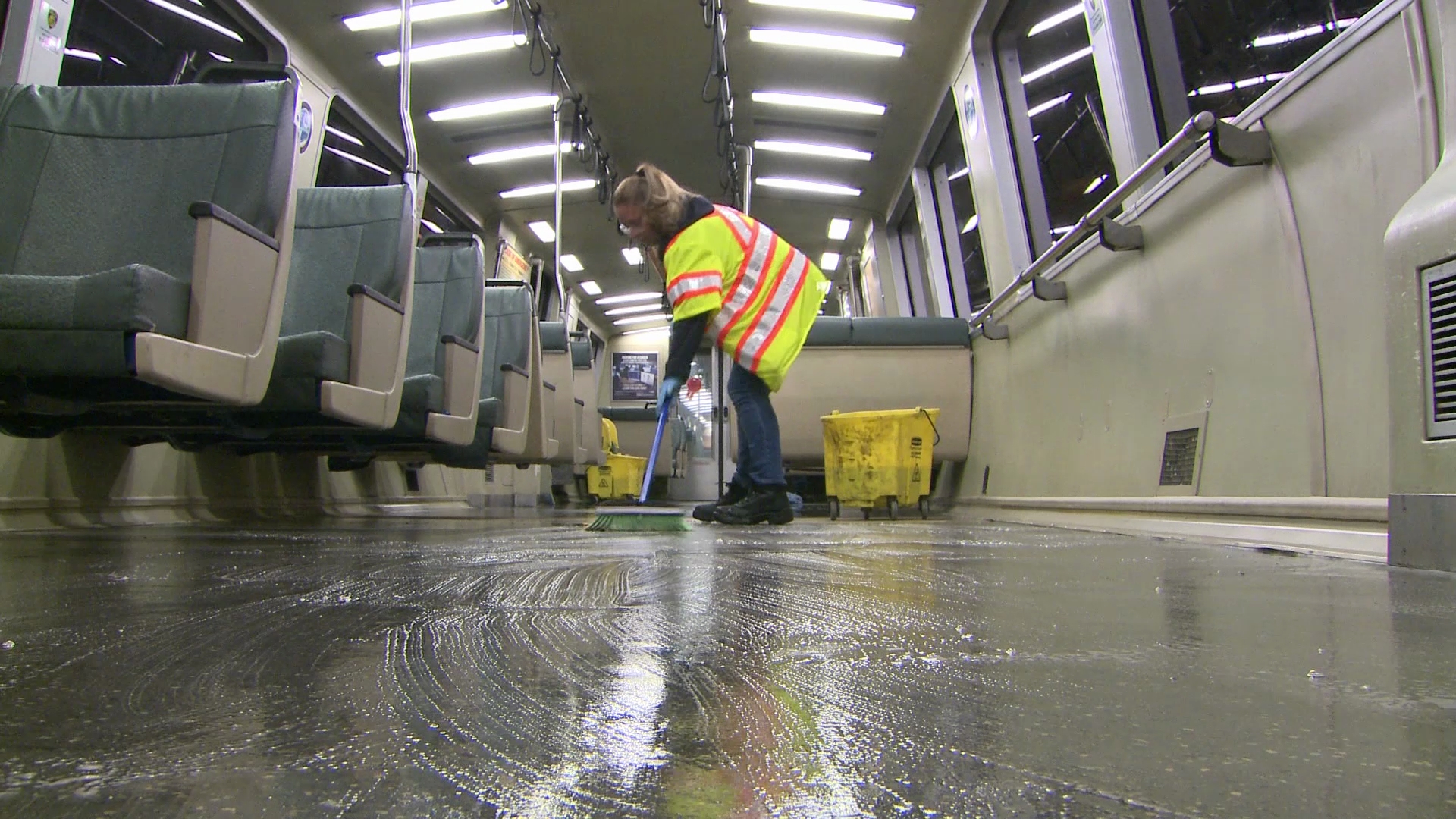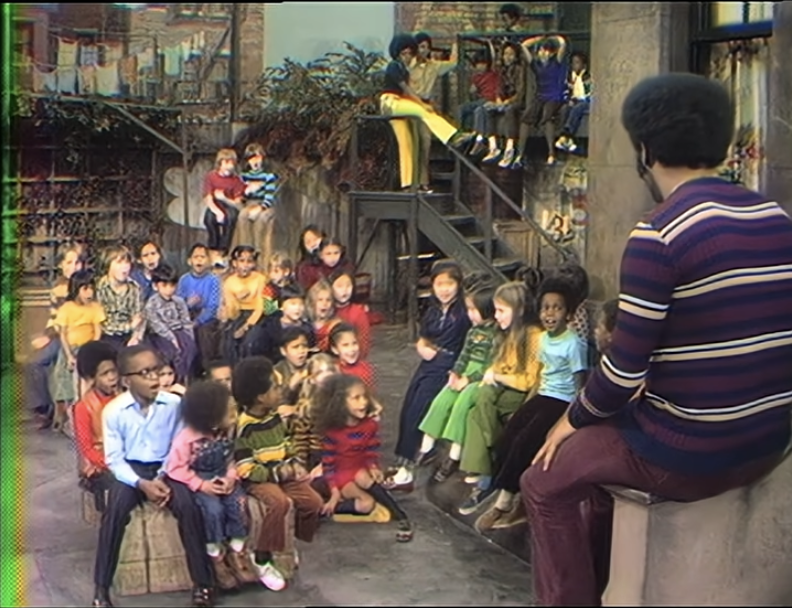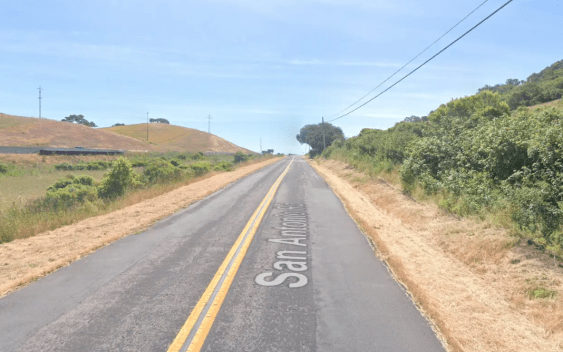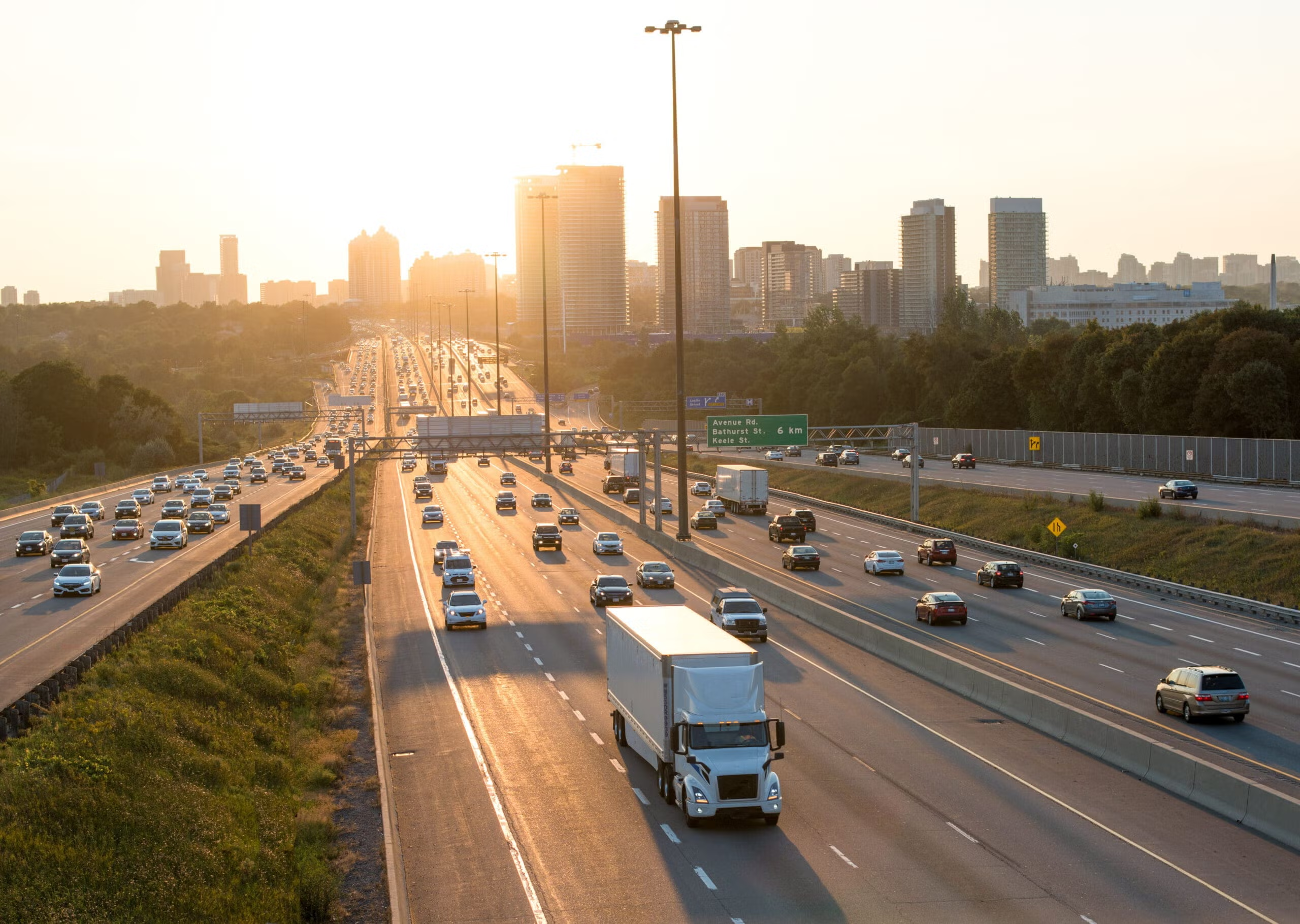Despite pleas from labor and transit advocates, the Bay Area's Metropolitan Transportation Commission voted today to allocate a little over half of the region's federal transit relief money to agencies by formula, based on their current budgets.
Advocates had asked the commission to set aside five percent of the money for a regional fund specifically to provide COVID-19 protective equipment and sanitation for transit workers and the essential workers who rely on transit right now.
The commissioners demurred, saying they didn't want to micromanage what the transit agencies are doing with their money. For this first allocation, they were more concerned with getting money into agencies' hands as soon as possible.
Bay Area transit agencies will receive $1.3 billion from the approximately $25 billion for transit that was included in the $2 trillion federal pandemic relief bill. The overall goal of the funding is to prevent the total collapse of transit agencies, whose ridership and revenues have taken a nose dive at the same time they are being called upon to keep providing essential transportation for those who need it.
After consulting with transit operators, MTC staff came up with a plan to allocate a little over half of the money--about $780,000--immediately, based on a formula that takes into account their current share of total regional operating costs, the amount of money they get from taxes, and how much of their revenue comes from fares.
The commission passed the staff recommendation, with no restrictions on the funding other than what's in the federal wording: it can be used for operating expenses--very unusual for federal transit funding--to fill in gaps created by lost revenue and ridership, the purchase of Personal Protected Equipment (PPE), and paying operations employees who have been cut due to service reductions.
Decisions about the remainder of the funding would wait until a later date, when ongoing impacts from tax revenue and ridership losses would become more clear.
Staff were also focused on getting the money allocated as quickly as possible. To access funds, transit agencies must still apply to the federal government, which will cause some delay. If they couldn't apply within the next few weeks, they may not see any money until late in the year, because the federal process to approve the funds is not very accelerated.
This despite the very urgent need for the funding right now.
Transit advocates and labor unions pushed for some of the funding to go towards the transit agencies who need it most, to be used for protective equipment for operators and riders, and for sanitizing transit vehicles.
John Courtney, representing the Amalgamated Transit Union, pointed out that over 700 transit workers nationwide have tested positive for COVID-19 already. "We need to protect these essential workers; we need to spend this money on PPE, and on sanitizing vehicles," he said.
Most of the speakers pushed the commissioners to consider setting aside five percent of the allocation for PPE, pointing out that this was a "small sliver" of the total. Hayley Currier with TransForm said that putting that amount into a regional fund would also be "in line with your own principles, that agencies should have access to money based on need, not on their pre-COVID budgets," she said.
Yvonne Williams, president of Amalgamated Transit Union 192 and the Alameda Labor Council, called in to support the set aside and to point out why it is urgently needed. Paratransit workers are especially in danger, she said. They "are still picking up fares, and are without PPE. They are being put in danger from the virus," she said.
"This [federal money] is supposed to support people working, to make sure they have PPEs to work safely, and to not run providers out of business," she told Streetsblog after the meeting. "But you have people you didn't even think about that need that PPE. Paratransit workers are not being tested, they don't have gloves, they don't have masks, they don't have anything to cover themselves when they're securing wheelchairs. It's unbelievable. The passengers they serve are already at high risk, which puts the workers at risk."
"I've had one of the providers ask for help, to allow our members to stop collecting cash fares--to do so, they have to have real person-to-person contact. But the broker would not intervene unless the consortium--AC Transit and BART--gave them some direction."
"Then [the MTC] allocates this money using a formula based on farebox recovery--it's unfair and ridiculous," she said. "And it needs to come to a stop."
When Dorene Giacopini, who represents the USDOT on the commission, asked for more information about the lack of PPE for paratransit, staff said they would have to get back to her.
"Of course they don't know, because they're not talking to the right people," said Richard Marcantonio, of Public Advocates, after the meeting. "Workers and riders were both left out of the discussion about what to do with the money. They're proposing to allocate it 100 percent based on a world that doesn't exist any more," he said.
"I agree that we do need to allocate the money in a way that's going to allow people to keep their workers employed, even while cutting service and revenues are falling. There's 95 percent of the funding already going to that. It's the five percent set aside that is the immediate, urgent, put-out-the-fire part."
MTC executive director Therese McMillan said that the goal of the first wave of allocations is to "try and stabilize operation budgets that had deep holes in them." MTC divided the allocations in two because the different revenue stream losses "happen at different speeds...one is immediate, and the other is slower," she said. They anticipate needing to adjust the allocations later as those impacts become more clear. "We don't have all the information we need."
The commissioners responded to the call for a set aside by creating a "blue-ribbon committee" to look more closely at those future allocations. However, the need to protect workers is immediate, not something to be dealt with at a future time. In addition, the planned makeup of that blue-ribbon committee would be "transit agencies, commission staff, and advocates," according to the resolution they passed in a hurry at the end of the meeting. Not workers. Not riders.
"When the MTC is serious about something, they create a regional program," said Marcantonio. "Now is the time to have a regional response. And they just abdicated their leadership," he said.
The concern about protecting workers is just as real in other regions, which will be making their own decisions about how to divvy up the federal relief money.






